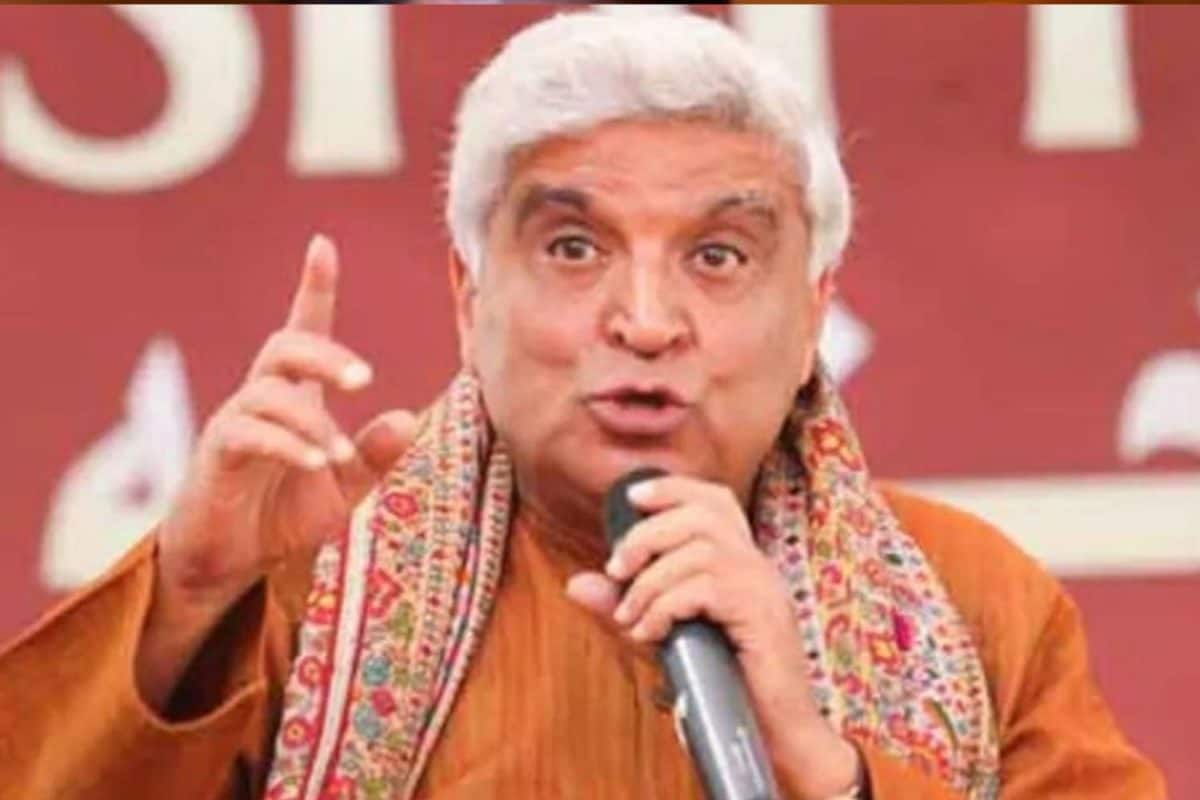

Veteran Indian lyricist and screenwriter Javed Akhtar has recently engaged in a heated exchange with Pakistani actress Bushra Ansari, triggered by Akhtar's remarks about Pakistan following a terror attack in Pahalgam and Ansari's subsequent criticism. The spat has unearthed deeper issues regarding the trauma of Partition, identity, and cross-border relations.
The controversy began after the Pahalgam terror attack on April 22, where 26 tourists were killed. Akhtar, known for his outspoken views, condemned the incident and called for decisive action against Pakistan, citing the alleged involvement of Pakistani elements in the attack. Speaking at the Gauravshaali Maharashtra Mahotsav, Akhtar emphasized the need for a strong response to prevent future attacks.
Bushra Ansari, a well-known Pakistani actress, responded to Akhtar's statements by suggesting he should remain silent on the matter, much like veteran actor Naseeruddin Shah. Ansari went on to imply that Akhtar was seeking attention and that he even faced difficulties finding accommodation in Mumbai. She reportedly said that Akhtar should be ashamed and focus on positive matters, considering he only had a few years left to live.
Akhtar did not take these criticisms lightly. In a recent interview, he questioned Ansari's authority to dictate his speech and defended his right to express his opinions as an Indian citizen. He retorted, "Who is she to tell me when to talk and when not to? Who gave you this right, and why do you expect me to take your advice?" He further emphasized that while India might have internal problems, he would always stand as an Indian when faced with comments from outsiders.
Addressing Ansari's claim that he couldn't find a house in Mumbai, Akhtar sarcastically replied, "Yes right, Shabana and I have been sleeping on the streets lately." He then went on to explain the context behind the claim. He recounted an incident from 25 years ago when his wife, Shabana Azmi, attempted to purchase a flat for investment purposes. However, the broker informed them that the owner was unwilling to sell to Muslims.
Akhtar revealed that the owner's reluctance stemmed from the trauma his family had experienced during the Partition of India in 1947. The owner's parents had been forced to flee from Sindh, which became part of Pakistan, and the bitterness from that displacement remained. Akhtar argued that the owner's actions were driven by personal pain rather than religious bias and that Ansari was twisting the story to insult him. He stated that Ansari and others should look into their own history before throwing stones.
Akhtar’s reference to the Sindh tragedy highlights the deep-seated wounds of Partition, a cataclysmic event that resulted in the displacement of millions and widespread communal violence. The Partition led to the creation of India and Pakistan, and it remains a sensitive and contentious topic in the relations between the two countries. The trauma experienced by those displaced during Partition, particularly Sindhi Hindus who were forced to leave their homes and livelihoods, continues to resonate through generations.
Several Pakistani celebrities and public figures have reacted to Akhtar's remarks with criticism and condemnation. Some accused him of hypocrisy, disrespect, and opportunism, suggesting that his comments were aimed at gaining relevance and proving his Indian identity. Others pointed to Akhtar's past visits to Pakistan, where he was warmly received, as evidence of his changed stance.
The exchange between Javed Akhtar and Bushra Ansari underscores the complex and often strained relationship between India and Pakistan. It highlights how historical events like Partition continue to shape perceptions and fuel controversies. It also brings to light the challenges faced by public figures who attempt to navigate the sensitive political landscape and express their views on contentious issues.